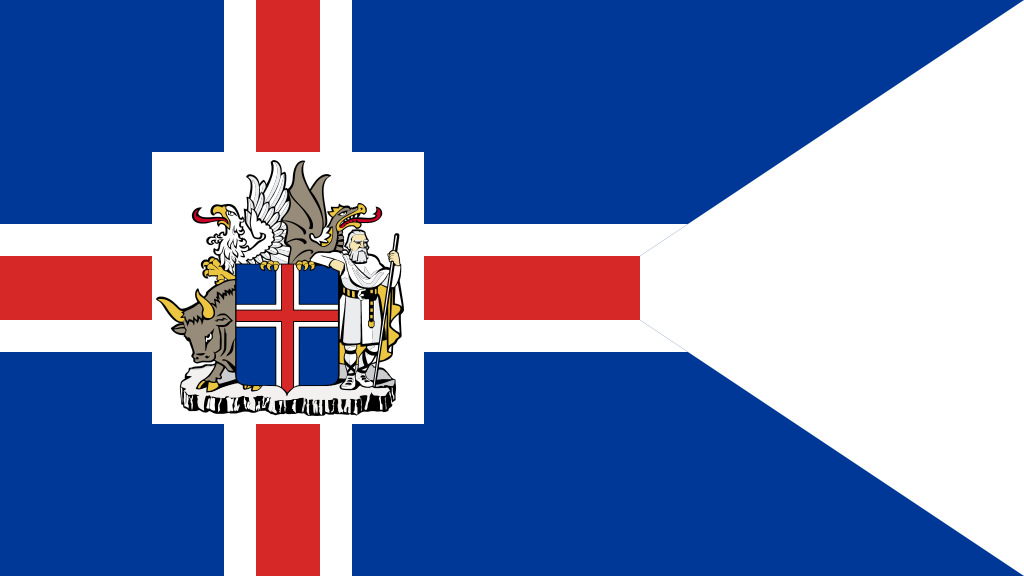On 25 June 2016, Icelanders went to the polls and elected its next president: political newcomer Guðni Jóhannesson.

Winning 39% of the vote, the 47 year-old Mr. Jóhanesson won the Presidency on a plurality of votes, beating out entrepreneur and lecturer Halla Tómasdóttir, writer Andri Snær Magnason, and former Icelandic Prime Minister Davíð Oddsson.
A history professor with no previous experience in politics, Mr. Jóhannesson's was elected on a wave of distrust against the political elite. In light of revelations from the Panama Papers investigation into offshore accounts of prominent individuals, former Prime Minister Sigmundur Gunnlaugsson was forced to resign his post over the scandal in April. As an academic expert on the history of the Icelandic presidency, Jóhannesson came into the national spotlight when the scandal broke, offering public commentary. His non-partisan approach to the scandal, coupled with his image as somone with no interest in being a career politician, endeared him to the Icelandic public, according to his Canadian-born wife, Eliza Reid.
Prior to his election to the Presidency, Mr. Jóhanesson had not belonged to a political party. He campaigned on a platform of introducing more direct-democracy initiatives into the Icelandic political system, including adding a clause to the Icelandic Constitution that would allow for citizen-initiated referendums on parliamentary bills.
About 75% of eligible Icelanders cast a vote in the election. With so many Icelanders in France following their national football team in the UEFA Euro 2016 tournament, the Icelandic Interior Ministry went so far as to set up a polling station near the national football team's camp in Annecy.
When he is inaugurated on August 1st, Guðni Jóhansson will be Iceland’s first new president in two decades. In January, five-term President Ólafur Ragnar Grímsson announced that he was not seeking re-election to a sixth term.
